161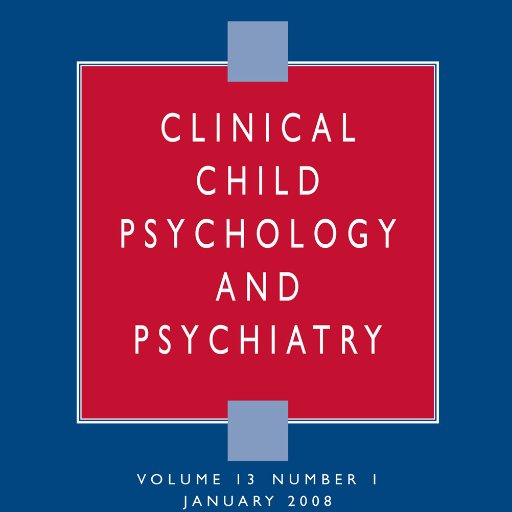
Nov 26, 2021
While e-health interventions are now widely used for first line treatment of adolescent anxiety and depression, they have been less studied for the management of behaviour problems. This small study used VR-based immersive experiences to educate children aged 8-12 about how to respond differently to common difficulties and provides preliminary evidence of the acceptability and usefulness of this technology. Further research into its efficacy and safety are needed.
Alsem SC, van Dijk A, ...
162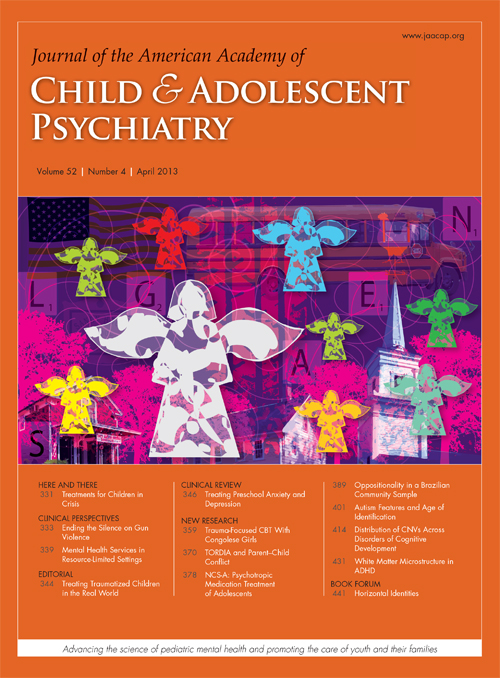
Nov 26, 2021
This long-term follow-up study of a universal school-based web-based intervention (Climate Schools) to reduce hazardous substance use and a targeted school-based group-based intervention for those identified at risk (Preventure) found that both were effective at reducing alcohol use. No added benefit was observed by combining the interventions.
Newton, Nicola C. et al. The 7-Year Effectiveness of School-Based Alcohol Use Prevention From Adolescence to Early Adulthood: A Randomized Controll...
163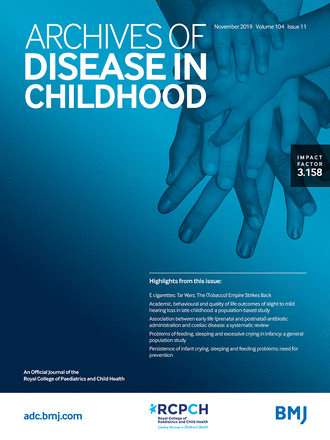
Nov 26, 2021
This paper summarises age and stage-related issues faced by children with Attention Deficit and Hyperactivity Disorder (ADHD) and their families. A useful read for clinicians and interested families.
Harpin VA. The effect of ADHD on the life of an individual, their family, and community from preschool to adult life. Archives of Disease in Childhood2005;90:i2-i7.
https://adc.bmj.com/content/90/suppl_1/i2?utm_source=adestra&utm_medium=email&utm_campaign=usage&utm_cont...
164
Nov 26, 2021
Cognitive behaviour therapy (CBT) has been thought to be less helpful in autistic individuals with co-occurring Obsessive Compulsive Disorder (OCD). Unfortunately, this (Cochrane) systematic review only identified one study comparing CBT and anxiety management and found the former to be more beneficial. These results underscore the need for further research into this issue.
Elliott SJ, Marshall D, Morley K, et al. Behavioural and cognitive behavioural therapy for obsessive compulsive disord...
165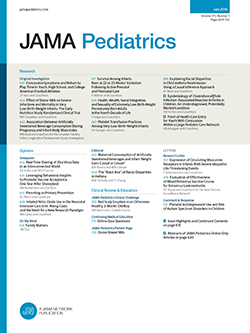
Nov 26, 2021
This systematic review found that behavioural interventions (social skills training) were useful for improving social function and social cognition in children and young people with social deficits including autism and ADHD. More routine availability of these interventions within health services would be useful.
Darling SJ, Goods M, Ryan NP, Chisholm AK, Haebich K, Payne JM. Behavioral Intervention for Social Challenges in Children and Adolescents: A Systematic Review and Meta-analysis. JAMA ...
166
Nov 26, 2021
Avoidant and Restrictive Food Intake Disorder (ARFID) is a relative new diagnosis, and as such, little is known about how common it is. This paper uses data from the Canadian Pediatric Surveillance Program survey to confirm a cross-sectional incidence of 2.02 per 100,000 in the general population.
Katzman, D. K., Spettigue, W., Agostino, H., Couturier, J., Dominic, A., Findlay, S. M., ... & Norris, M. L. (2021). Incidence and Age-and Sex-Specific Differences in the Clinical Pre...
167
Nov 26, 2021
Anecdotal evidence regarding the COVID-related increase in number of young people presenting to services with eating disorders is now being replaced by published evidence. This paper describes the threefold increase in referrals to a paediatric consult liaison service in New York, 104% increase in admissions to Western Australia and doubling of outpatients in Pennsylvania.
Reed, J., & Ort, K. (2021). The Rise of Eating Disorders During COVID-19 and the Impact on Treatment. Journal of ...
168
Nov 26, 2021
This study of 12-17 year-olds with moderate persistent depression found that a 14-week programme of vigorous exercise was acceptable to most and that it improved aerobic capacity. Evaluation of its effect on mood is still awaited.
Jarbin H, Höglund K, Skarphedinsson G, Bremander A. Aerobic exercise for adolescent outpatients with persistent major depression: Feasibility and acceptability of moderate to vigorous group exercise in a clinically referred sample. Clinical Child Psychology and Ps...
169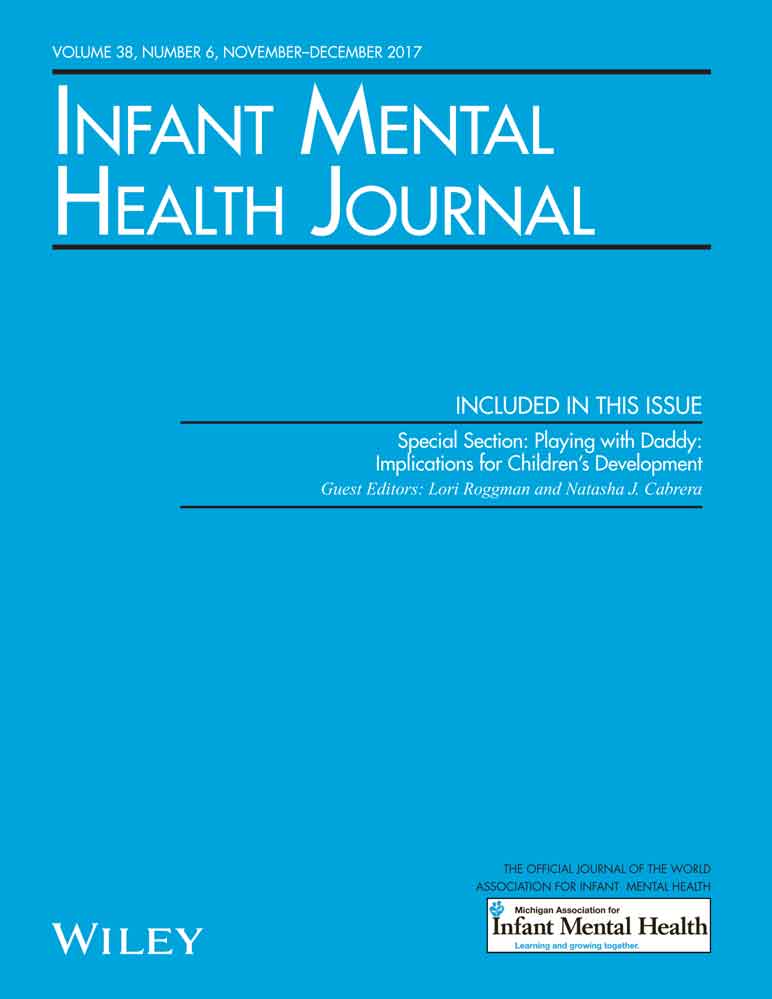
Nov 26, 2021
This study of 396 Australian and New Zealand mothers found that a history of breastfeeding difficulties, negative subjective experience of delivery, poorer psychological flexibility and lower self-compassion all correlated with poorer emotional availability. The authors recommend employing these risk factors to identify dyads at greater emotional risk and offering interventions targeted at addressing psychological flexibility and self-compassion to mitigate this risk.
Whittingham, K., &...
170
Nov 26, 2021
This Brazilian study found that music therapy in the neonatal intensive care unit (NICU) improved maternal anxiety, depression and stress, as well as infant observations such as heart rate and oxygen saturation.
Palazzi, A., Meschini, R., & Piccinini, C. A. (2021). NICU music therapy effects on maternal mental health and preterm infant's emotional arousal. Infant Mental Health Journal, 42(5), 672-689.
https://onlinelibrary.wiley.com/doi/abs/10.1002/imhj.21938?campaign=woletoc







